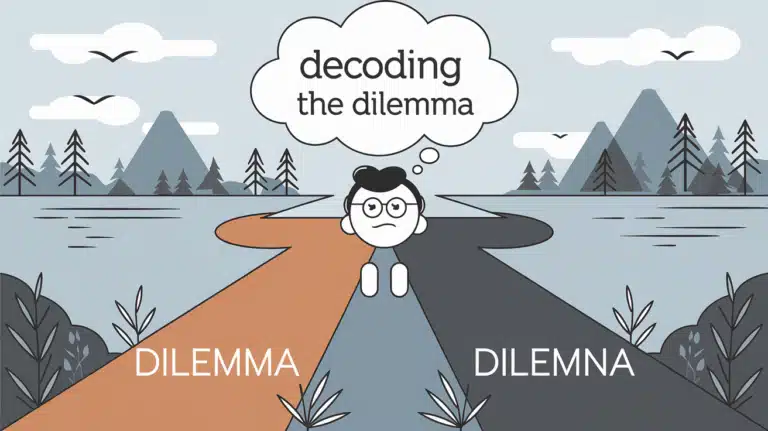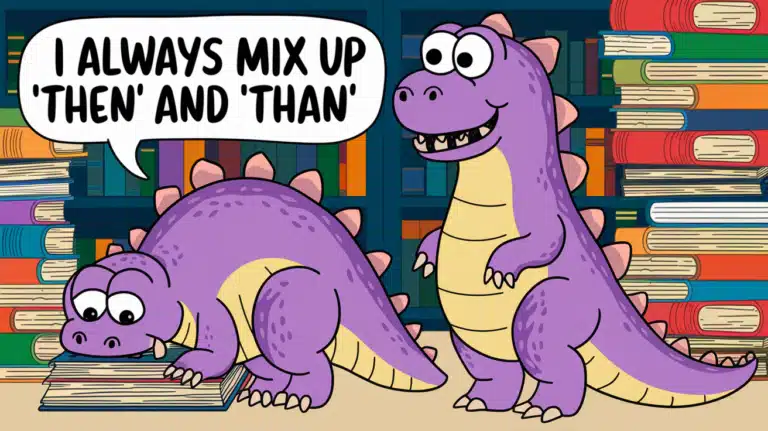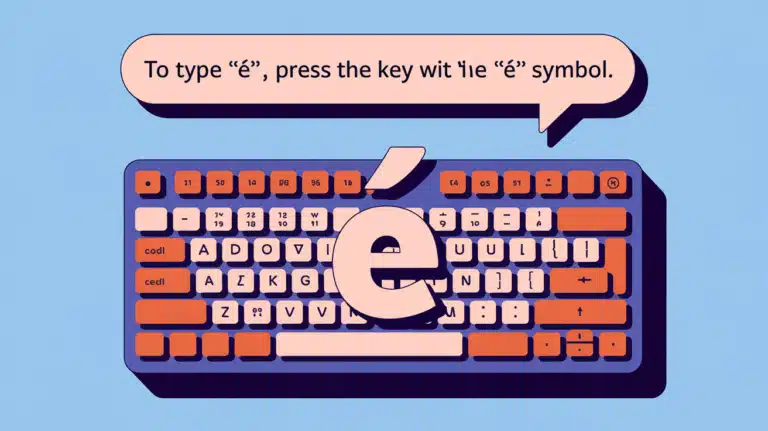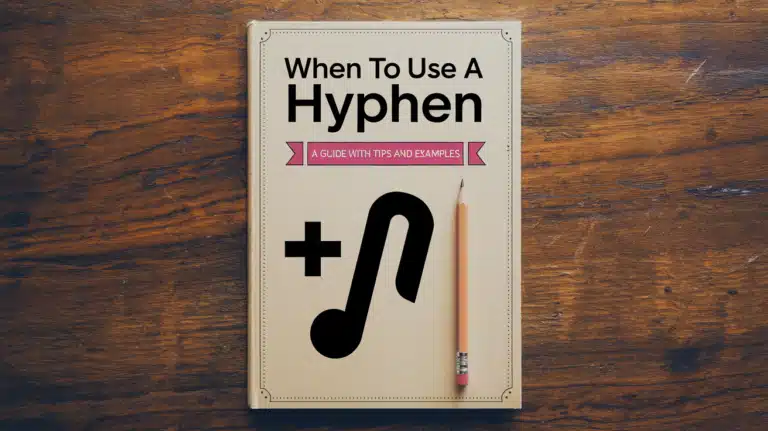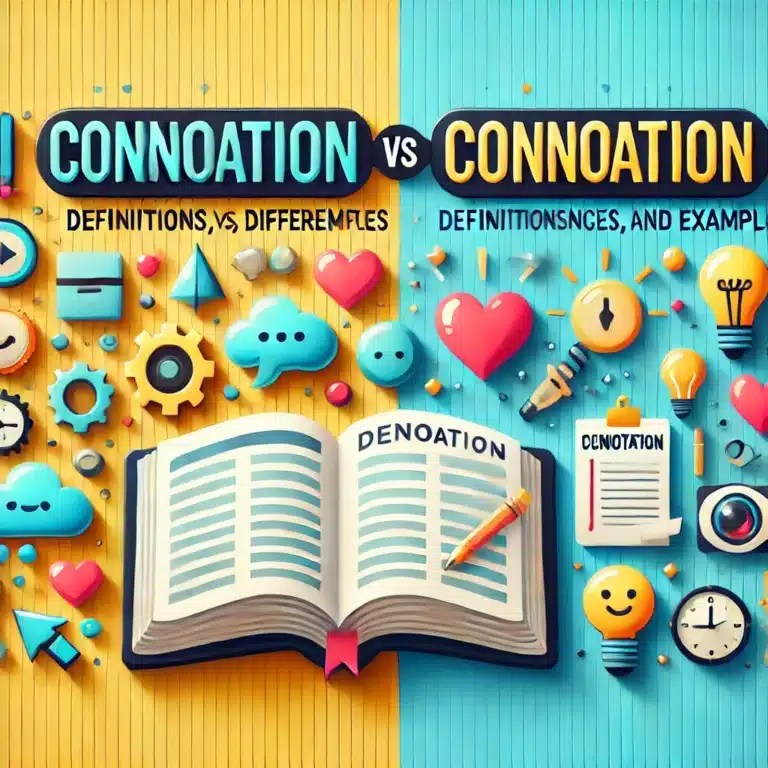Decoding the Dilemma vs. Dilemna Spelling Dilemma: Get It Right Once and for All
The English language is full of quirks, and one of the most puzzling involves the spelling of “dilemma.” For years, people have debated between “dilemma” and “dilemna,” leading to widespread confusion. If you’ve ever wondered about the correct spelling and why this mix-up exists, you’re not alone. In this article, we’ll explore the dilemma spelling…

